Beyond the Fast Lane: A Guide to Sustainable Fashion in the UK
Related Articles: Beyond the Fast Lane: A Guide to Sustainable Fashion in the UK
Introduction
In this auspicious occasion, we are delighted to delve into the intriguing topic related to Beyond the Fast Lane: A Guide to Sustainable Fashion in the UK. Let’s weave interesting information and offer fresh perspectives to the readers.
Table of Content
Beyond the Fast Lane: A Guide to Sustainable Fashion in the UK
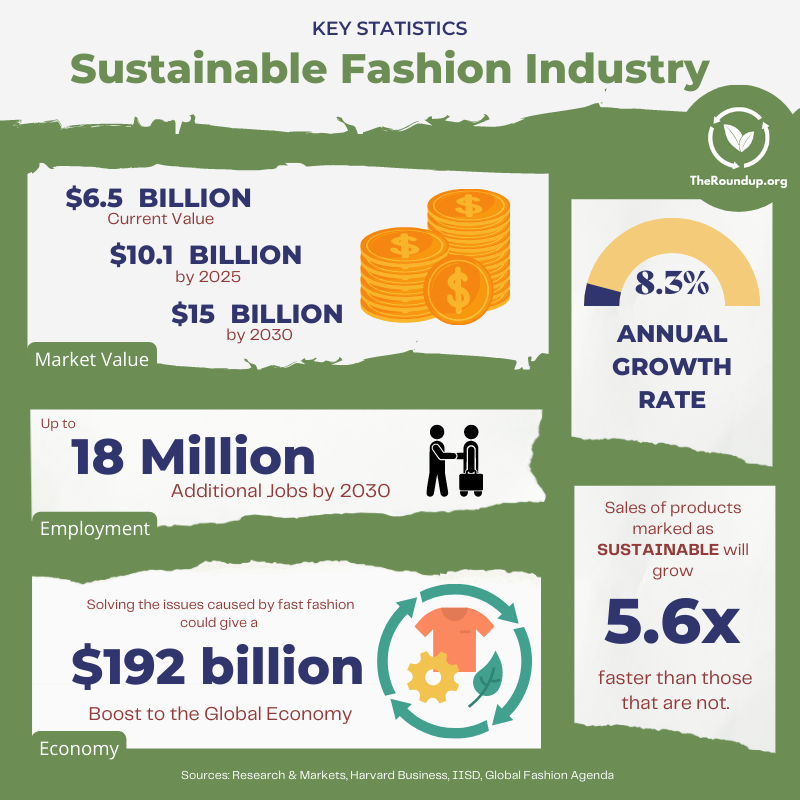
The fashion industry is a complex and multifaceted entity, deeply intertwined with our cultural identity and personal expression. However, the fast fashion model, characterized by rapid production cycles and low prices, has come under increasing scrutiny for its environmental and social impact. This has led to a growing movement towards conscious consumption, with consumers seeking out brands that prioritize ethical practices and sustainability. In the UK, a vibrant ecosystem of brands is emerging, offering alternatives to fast fashion, promoting mindful production, and encouraging a shift towards a more sustainable future.
Understanding the Shift Away from Fast Fashion
The fast fashion model has been successful in meeting the demand for trendy and affordable clothing, but its relentless pursuit of novelty and low prices has come at a significant cost. The industry’s environmental footprint is vast, contributing significantly to pollution, deforestation, and resource depletion. Moreover, the exploitation of workers in developing countries, often working in unsafe and inhumane conditions, has become a major concern.
The growing awareness of these issues has prompted consumers to seek alternatives. The demand for sustainable and ethical fashion has surged, driving a shift towards brands that prioritize transparency, fair labor practices, and eco-friendly materials.
Defining Sustainable Fashion in the UK
Sustainable fashion in the UK encompasses a diverse range of brands and approaches, all united by a commitment to ethical and environmentally responsible practices. Key principles include:
- Ethical Sourcing and Production: Brands prioritize sourcing materials from sustainable sources, ensuring fair wages and safe working conditions for workers throughout the supply chain.
- Minimizing Environmental Impact: Sustainable brands strive to reduce their carbon footprint through efficient production processes, minimizing waste, and using recycled or renewable materials.
- Durability and Longevity: Emphasis is placed on creating high-quality, durable garments designed to last, encouraging a "less is more" approach to consumption.
- Transparency and Traceability: Brands provide clear information about their sourcing, production, and ethical practices, allowing consumers to make informed choices.
Exploring the Landscape of Non-Fast Fashion Brands in the UK
The UK boasts a thriving community of non-fast fashion brands, each with its own unique approach to sustainability. Here are some prominent categories:
1. Ethical and Sustainable Brands:
- People Tree: A pioneer in fair trade fashion, People Tree offers clothing made from organic cotton and other sustainable materials, ensuring fair wages and safe working conditions for producers in developing countries.
- Thought: Known for its use of organic cotton, recycled materials, and ethical production practices, Thought offers a wide range of stylish and sustainable clothing for men and women.
- Veja: A French brand with a strong commitment to sustainability, Veja produces sneakers using organic cotton, recycled plastic, and wild rubber.
- Armedangels: A German brand known for its commitment to fair trade and organic materials, Armedangels offers a range of high-quality and ethically produced clothing.
2. Vintage and Secondhand Clothing:
- Beyond Retro: A popular destination for vintage and secondhand clothing, Beyond Retro offers a unique and sustainable way to shop for fashion.
- The Vintage Showroom: Specializing in curated vintage clothing, The Vintage Showroom offers a range of classic and timeless pieces.
- Depop: An online marketplace for buying and selling secondhand clothing, Depop provides a platform for individuals to connect and trade pre-loved garments.
3. Circular Fashion Brands:
- Nudie Jeans: Known for its commitment to circularity, Nudie Jeans offers a repair service for its denim, promoting longevity and reducing waste.
- Reformation: A brand known for its focus on sustainable materials and production, Reformation also offers a clothing rental program, promoting a circular model of consumption.
- Eileen Fisher: A brand committed to sustainability and circularity, Eileen Fisher offers a program for recycling and reselling its garments, reducing waste and extending their lifespan.
4. Independent Designers and Small Businesses:
- Lucy & Yak: A UK brand specializing in sustainable and ethical clothing made from organic cotton and recycled materials.
- Finisterre: A brand that designs and produces outdoor clothing using sustainable materials and ethical production practices.
- Stella McCartney: A luxury brand known for its commitment to sustainable practices, Stella McCartney uses cruelty-free materials and promotes ethical production.
5. Upcycled and Recycled Fashion:
- Freya Rose: A brand that specializes in upcycled clothing, transforming vintage and secondhand garments into unique and stylish pieces.
- Rhude: A brand that incorporates recycled materials into its designs, promoting sustainability and reducing waste.
- The Upcycled Project: A platform that connects designers and brands with upcycled materials, promoting a circular approach to fashion.
FAQs About Non-Fast Fashion Brands in the UK
1. What are the benefits of buying from non-fast fashion brands?
- Environmental Sustainability: Non-fast fashion brands prioritize reducing their environmental impact through sustainable material sourcing, efficient production, and waste reduction.
- Ethical Production: These brands ensure fair wages, safe working conditions, and ethical treatment of workers throughout the supply chain.
- Durability and Quality: Non-fast fashion brands focus on creating high-quality, durable garments designed to last, promoting a "less is more" approach to consumption.
- Transparency and Traceability: These brands provide clear information about their sourcing, production, and ethical practices, allowing consumers to make informed choices.
2. How can I find non-fast fashion brands in the UK?
- Online Retailers: Numerous online retailers specialize in sustainable and ethical fashion, such as The Ethical Shop, Thought, and People Tree.
- Sustainable Fashion Websites: Websites like Good On You, Ethical Consumer, and Eco-Age provide information and reviews of sustainable fashion brands.
- Independent Boutiques: Many independent boutiques across the UK stock sustainable and ethical fashion brands.
- Local Markets: Farmers’ markets and craft fairs often feature independent designers and small businesses selling sustainable clothing.
3. Are non-fast fashion brands more expensive than fast fashion brands?
While some non-fast fashion brands may be more expensive than fast fashion brands, the higher price reflects the commitment to ethical and sustainable practices, including fair wages, sustainable materials, and durable construction.
4. How can I make my wardrobe more sustainable?
- Buy less: Prioritize quality over quantity and invest in pieces that will last.
- Choose durable materials: Look for clothing made from sustainable materials like organic cotton, recycled fabrics, or hemp.
- Repair and mend: Extend the lifespan of your clothes by repairing rips and tears.
- Shop secondhand: Explore vintage and secondhand clothing stores or online platforms like Depop.
- Support sustainable brands: Choose brands that prioritize ethical and sustainable practices.
Tips for Choosing Non-Fast Fashion Brands in the UK
- Research brands thoroughly: Look for information about their sourcing, production, and ethical practices.
- Check for certifications: Look for certifications like Fair Trade, GOTS (Global Organic Textile Standard), or OEKO-TEX, which indicate ethical and sustainable practices.
- Read reviews: See what other consumers have to say about a brand’s quality, sustainability, and ethical practices.
- Consider the price: Remember that higher prices often reflect the commitment to sustainable and ethical practices.
- Support local and independent brands: These brands often prioritize sustainability and ethical practices.
Conclusion
The shift towards non-fast fashion brands in the UK represents a growing awareness of the environmental and social impact of the fashion industry. By choosing brands that prioritize ethical sourcing, sustainable production, and transparency, consumers can contribute to a more sustainable and equitable fashion system. The increasing availability of non-fast fashion brands in the UK offers a diverse range of options, allowing consumers to express their personal style while making conscious choices that align with their values. This movement towards sustainable fashion is not only about individual choices but also about advocating for systemic change within the industry, encouraging brands to prioritize ethical practices and environmental responsibility. By embracing sustainable fashion, consumers can play a crucial role in shaping a more ethical and sustainable future for the industry.
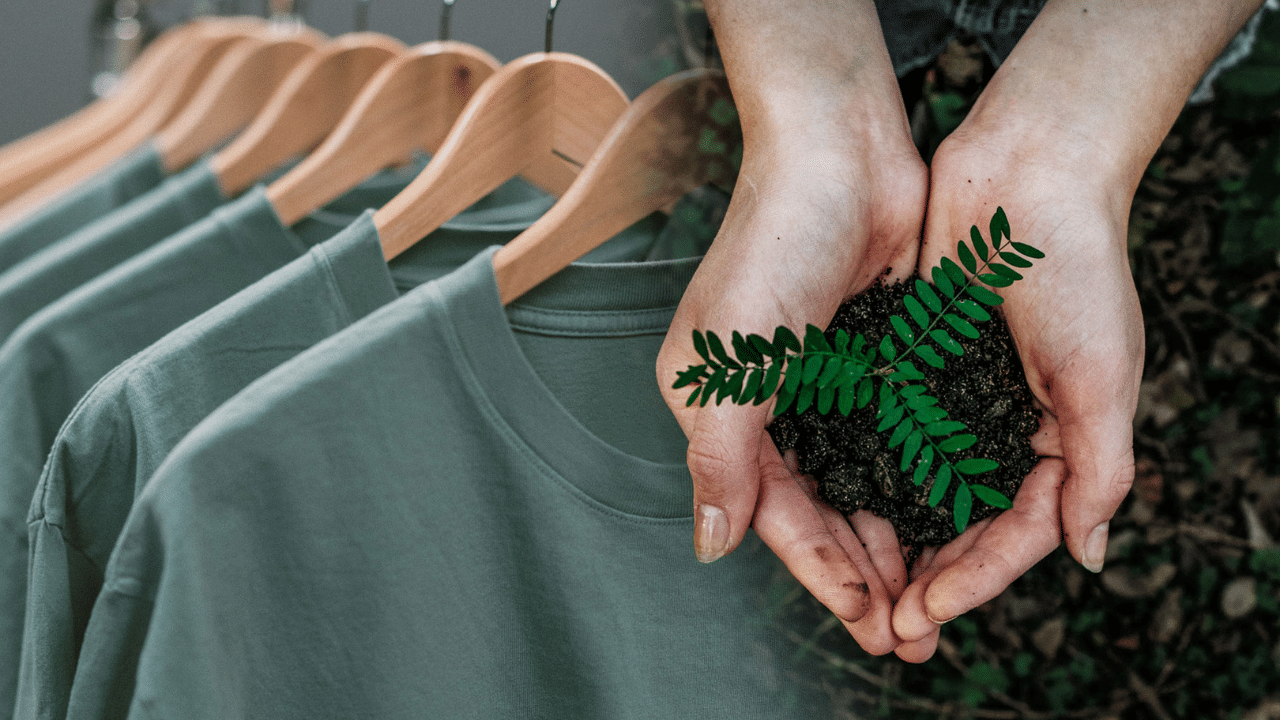
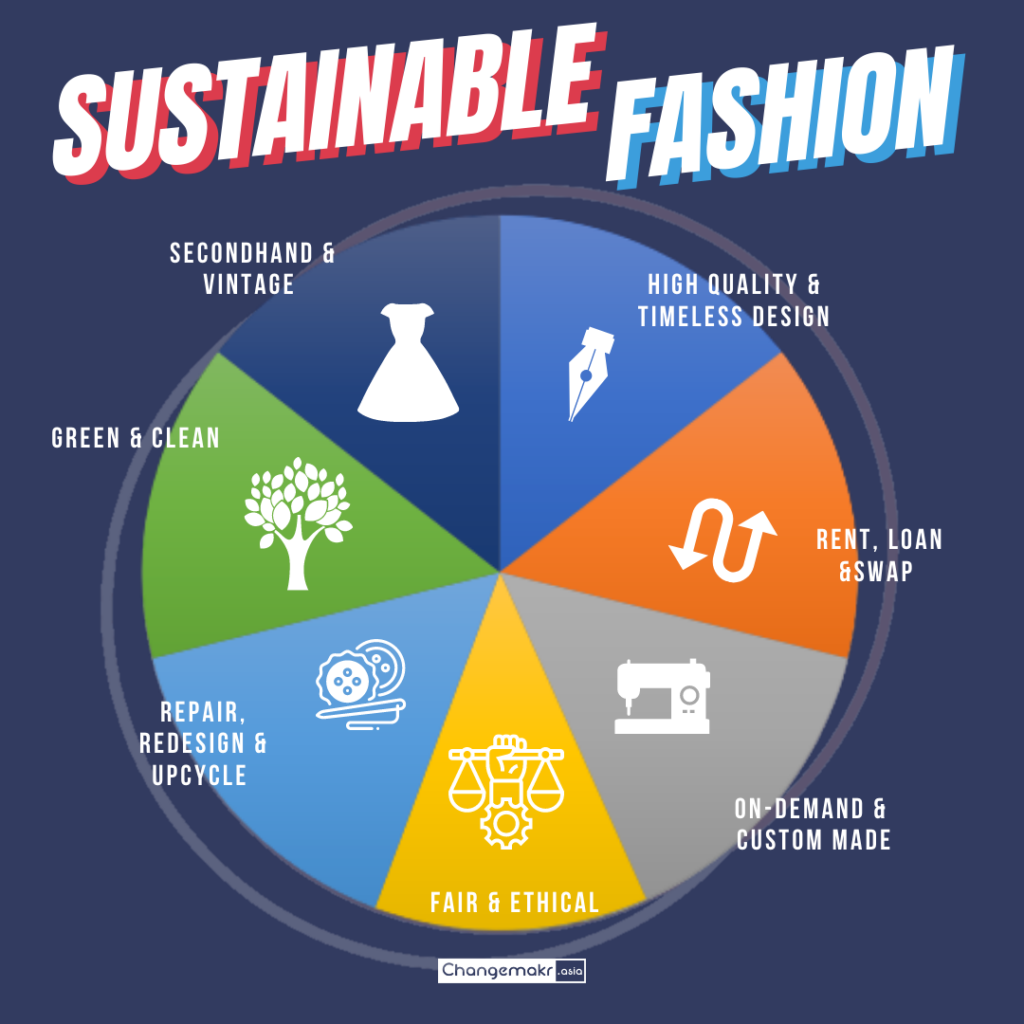
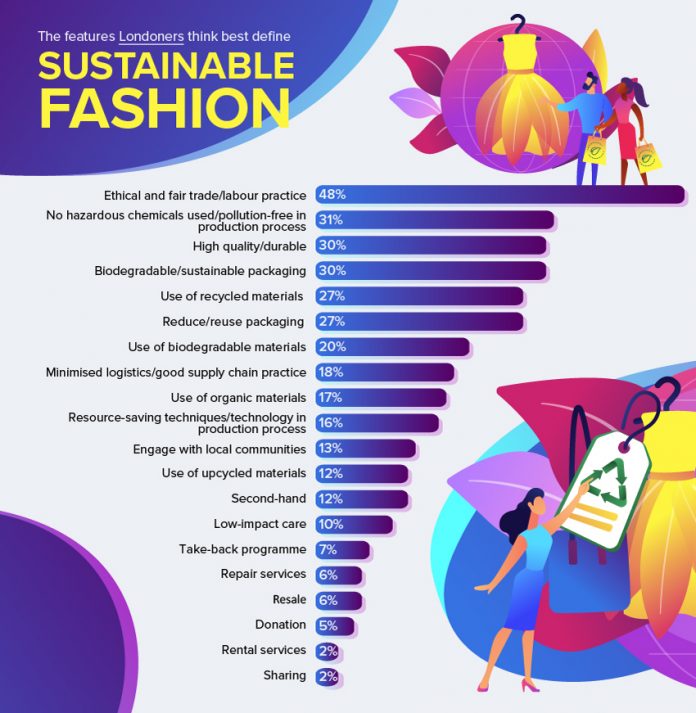
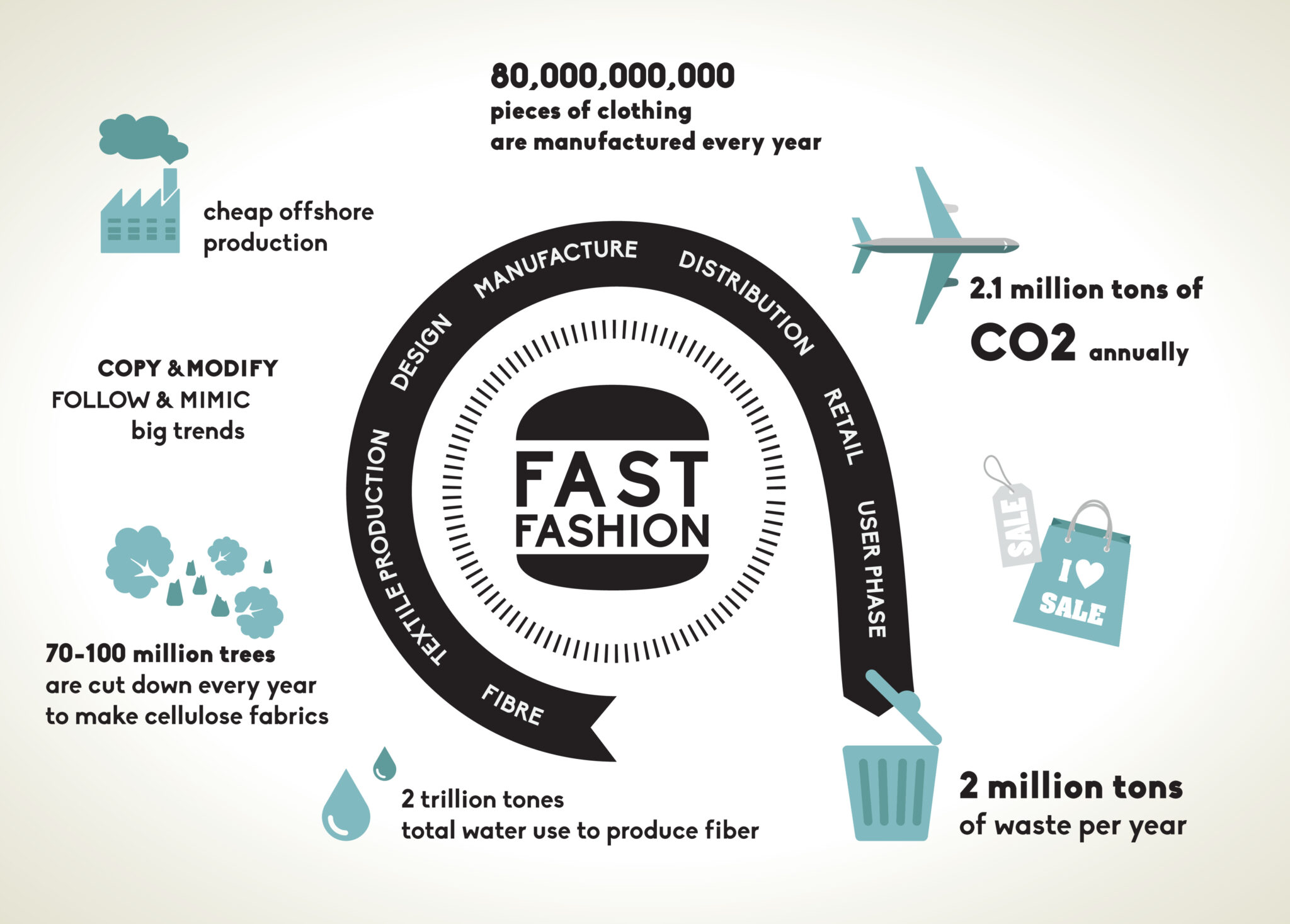



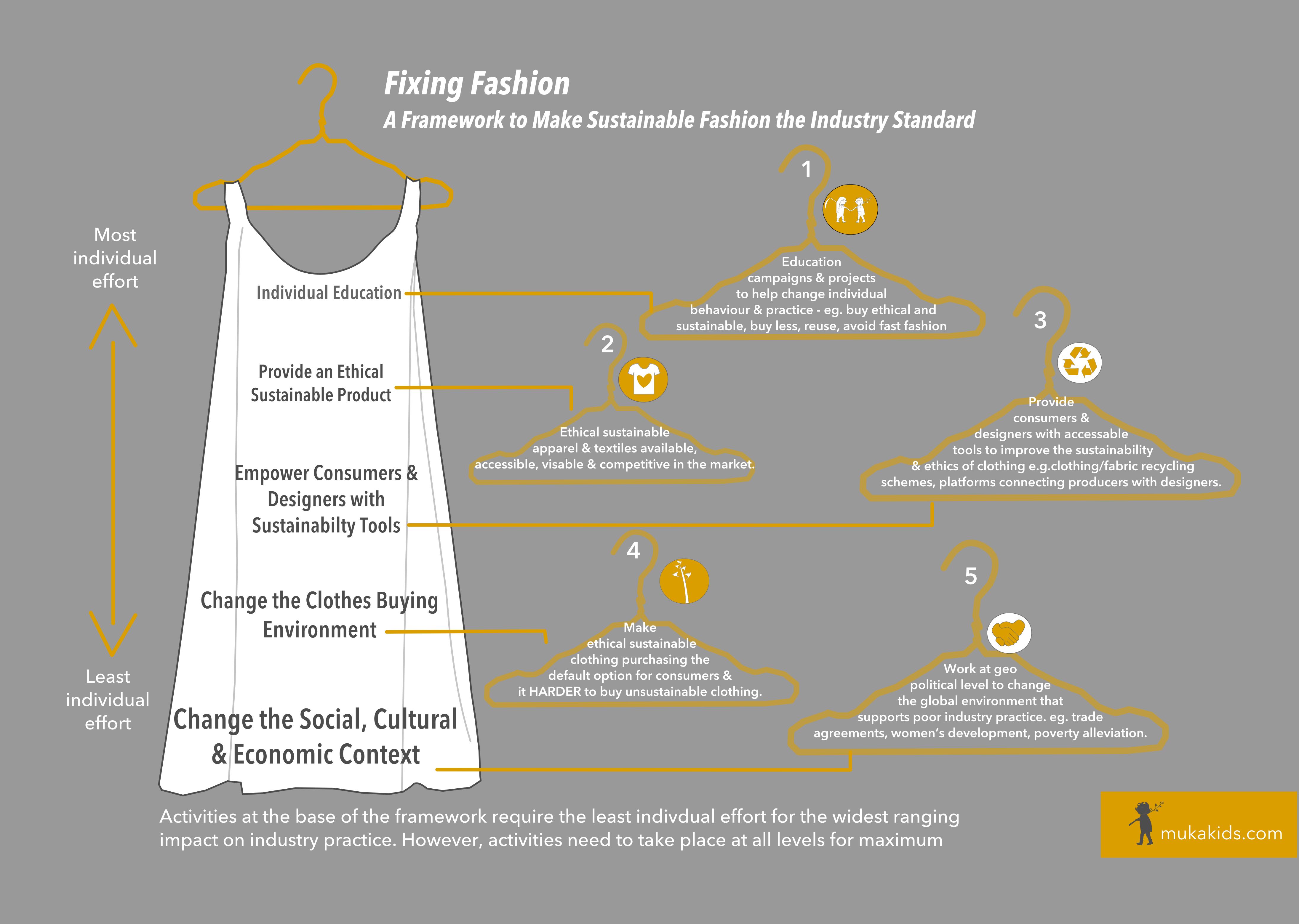
Closure
Thus, we hope this article has provided valuable insights into Beyond the Fast Lane: A Guide to Sustainable Fashion in the UK. We hope you find this article informative and beneficial. See you in our next article!